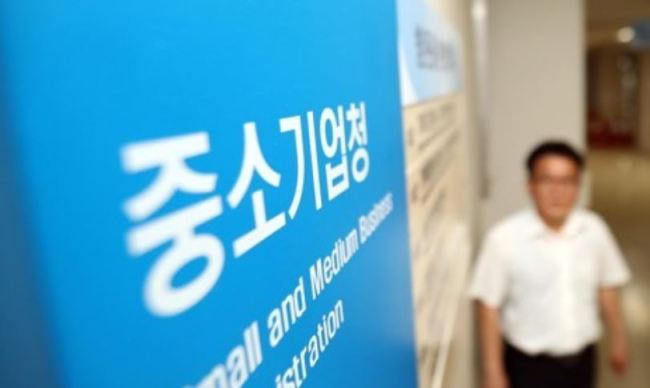South Korean lawmakers from ruling and opposition parties were divided over the prospects of economic cooperation with the North during the parliamentary audit sessions on Tuesday.
While the lawmakers from the ruling Democratic Party of Korea said economic cooperation with the North would help South Korean companies make a U-turn and create more jobs here, representatives of opposition parties were pessimistic, saying such cooperation would impose financial burdens on the public.
Rep. Park Jung of the Democratic Party of Korea said more than half of Korean companies currently doing business overseas are positive about investing in the North as long as certain conditions are in place.
He cited a survey conducted by the Small & Medium Business Corporation from Sept. 24 to Oct. 10, involving 267 companies that currently operate overseas.

(YOnhap)
The survey showed that 22.8 percent of the respondents said they were willing to advance into the North Korean market should there be a cross-border economic cooperation boom, while 37.8 percent said they were willing to review the matter if certain conditions were met.
Of these companies, 30 percent said they would enter the North Korean market to save on wages, while 26.6 percent said they wished to tap into the market demand from the North.
When asked which regions in the North interested them the most, 31.7 percent of the companies answered Pyongyang and Nampo, while 30.1 percent picked the Kaesong industrial park.
“When the small and midsized companies can use economic cooperation between the two Koreas as a momentum, it can bring significant economic effects, including job creation,” said Rep. Park.
Rep. Yoon Ho-jung of the Democratic Party of Korea said, “Economic cooperation between the two Koreas could generate economic growth in the amount of 170 trillion won ($140 billion),” citing a report from the Korea Institute for International Economic Policy. Yoon added that economic integration would narrow the economic gaps between the two sides and ultimately minimize the cost of unification.
Lawmakers from the opposition, on the other hand, said the initial investment costs would be a burden to South Korean citizens.
Rep. Park Myung-jae of the main opposition Liberty Korea Party said it would cost more than 115 trillion won to push for economic cooperation between the two Koreas, citing a report from the National Assembly Budget Office.
The money will be used mainly to improve the North’s infrastructure, including its railways, roads, ports, airports, industrial complexes, energy systems, communications systems, agriculture systems and tourism industry.
The railway business will cost 19 trillion won, the roads will require 22 trillion won and agriculture will amount to 29 trillion won, according to Rep. Park. To connect railways between the South and the North, the two sides will need a railway network stretching a combined 3,308 kilometers.
“There should be enough discussion beforehand about whether it is right to pursue economic cooperation due to the massive tax burden,” said Rep. Min Kyung-wook from the Liberty Korea Party.
On Monday, the two Koreas held a meeting to discuss forestry projects, including the modernization of a tree nursery in the North and cooperative measures to control pine wilt disease. It was the first follow-up measure involving economic cooperation since the inter-Korean summit last month.
To embark on cooperation at a more meaningful level, the two sides are widely seen as having a long way to go. The United Nations would first have to lift its sanctions against the North.
“South Korea is willing to comply with the international rules,” said Cheong Wa Dae.
By Shin Ji-hye (
shinjh@heraldcorp.com)






![[KH Explains] Hyundai's full hybrid edge to pay off amid slow transition to pure EVs](http://res.heraldm.com/phpwas/restmb_idxmake.php?idx=645&simg=/content/image/2024/04/18/20240418050645_0.jpg&u=20240419100350)